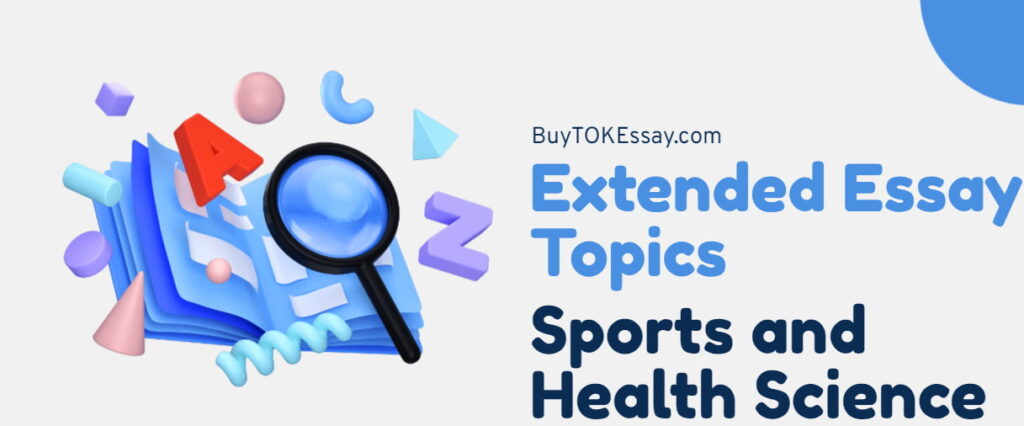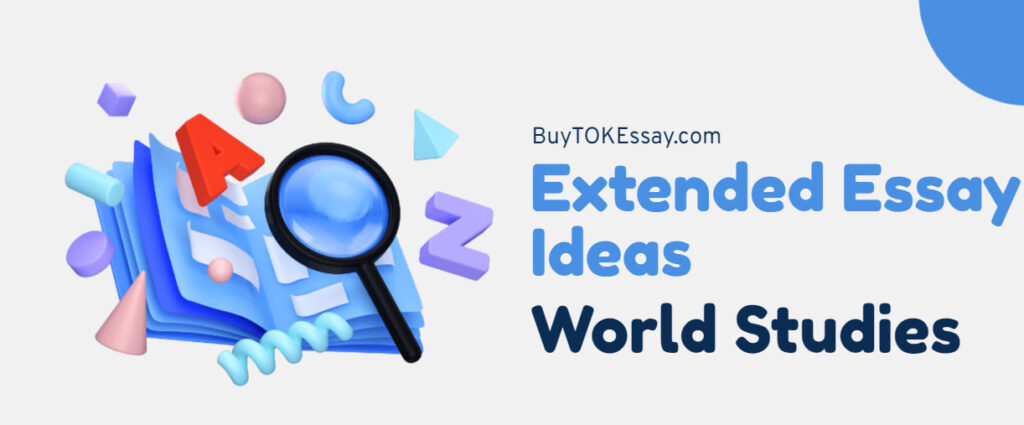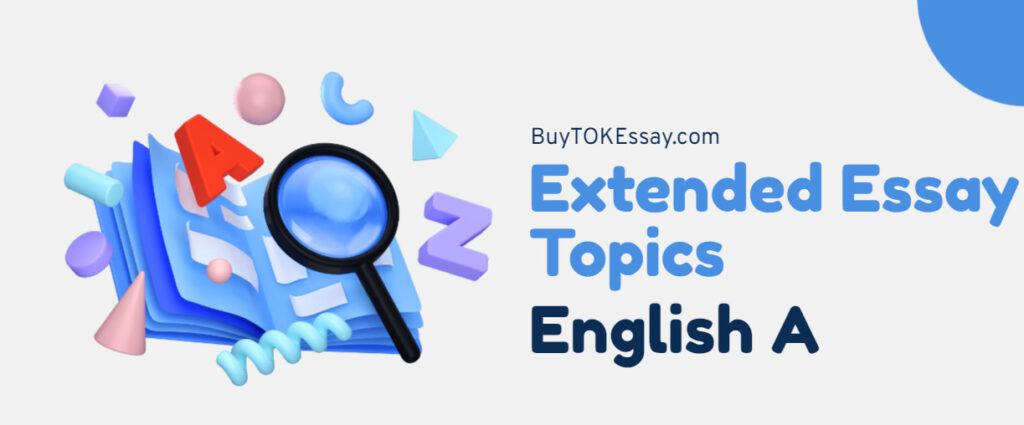I frequently advise students to consider Chemistry when they ask me which subject to choose for their Extended Essay. In my opinion, this option provides the ideal balance of lab work, academic writing, and scientific research. The Chemistry Extended Essay subject can be your best option if you like working through problems, conducting organized experiments, and applying theories to real life.
This IB subject is different because you don’t just have to remember formulas, and there is a structured, academic way to test your interest in Chemistry. Of course, it can seem daunting at first, but I’ll guide you through the basics.
- What Is the Chemistry Extended Essay Subject?
- What Are the Assessment Criteria for IB Chemistry EE?
- How to Choose IB Chemistry Extended Essay Topics?
- Who Should Select the Chemistry Extended Essay Subject?
- Is the Chemistry Extended Essay Subject Hard?
- Need Help with Your IB Extended Essay?
- How to Structure Your IB Chemistry Extended Essay?
- Final Words
- ❔ FAQ
What Is the Chemistry Extended Essay Subject?
We need to know how the IB has changed the Chemistry course in order to grasp this Extended Essay subject fully. The Chemistry program has been recently revised to prioritize conceptual understanding, skill development, and connectivity over memorizing facts.
Now, the structure is based on two main themes: Structure and Reactivity.
Each idea in this system is connected to the others to show how chemical systems work in the real world. The IB wants students to understand how structural characteristics affect reactivity, which in turn changes structure.
Investigative and practical skills are becoming much more important. So, your Chemistry Extended Essay must correspond with the revised curriculum in both conceptual and skill-based aspects since it demands independent investigation. There is, however, also an assumption that your EE shows strong conceptual thinking. Your essay must convey an understanding of why processes behave the way they do and how your results connect to more detailed chemical models. Therefore, your approach must be logical, methodologically sound, and grounded in facts.
What it really implies is:
- You might test how structural features (like molecular geometry) influence the reaction pathway or rate.
- You might compare reactivity trends (e.g., rates or yields) under controlled variation of conditions.
- You must connect your observations to well-known conceptual models from your Chemistry course to frame your work.
From what I’ve seen, students who do well choose a narrow enough question to allow for depth without making the experiment too complex.
What Are the Assessment Criteria for IB Chemistry EE?
It all boils down to the five formal criteria set out by the IB. I’ve found that if you really understand them before you begin writing, you’ll steer clear of the most typical mistakes and create an exceptional piece of work.
Now, your Extended Essay on Chemistry can receive a grade out of a possible 30 points, which are split among five categories.
| CRITERION | MARKS | FOCUS |
|---|---|---|
| A: Framework for the Essay | 6 | A clear and well-defined research question, logical structure, and appropriate experimental or theoretical method. |
| B: Knowledge & Understanding | 6 | Accurate use of chemical principles, concepts, and terminology; demonstration of solid grasp of the topic. |
| C: Analysis & Line of Argument | 6 | Consistent reasoning, correct data interpretation, and well-supported conclusions based on chemical evidence. |
| D: Discussion & Evaluation | 8 | Evaluation of experimental design, reliability of results, limitations, and implications in real-world chemistry. |
| E: Reflection | 4 | Insight into your personal learning, decision-making, and how your understanding of chemistry evolved during the process. |
As you can see, Criterion D carries the most weight for a reason, as it shows that you can think like a scientist, not just report results.
Nevertheless, each section matters: a weak framework or poor reflection can lower your overall mark even if your lab work is strong.

How to Choose IB Chemistry Extended Essay Topics?
Either theoretical models, empirical evidence, or literature may form the basis of your Chemistry Extended Essay.
And since Chemistry is an experimental discipline, I usually urge students to do some kind of lab work if they can. But before you start trying, it’s important to do some background research. This step makes sure that you’re working in a scientifically sound way.
If you design or adapt an experiment, the IB wants you to describe it clearly, give credit to the original source if necessary, and talk about how you changed or improved it.
Below are some examples of topics in different categories:
| Type of Study | Example Topic |
|---|---|
| Experimental | The effect of temperature on vitamin C degradation in fresh orange juice |
| Literature-Based | A review of green chemistry approaches in biodegradable plastics |
| Theoretical/Modeling | Predicting the relationship between ionic radius and solubility of Group 2 salts |
| Modified Experiment | Comparing natural vs synthetic catalysts in hydrogen peroxide decomposition |
By the way, the whole writing process will flow more easily if you fit your question with both your interests and the IB criteria. So, make sure the topic you choose is:
- Not general and ambiguous, but precise and quantifiable.
- Based on data and resources that are available locally.
- Firmly associated with chemistry as opposed to Biology or IB Physics.
- Reasonable, given the time constraints and a 4,000-word limit.
No matter which group you choose, you need to make sure there are enough resources and data. General IB standards say that your work must stay strongly rooted in Chemistry and not stray into other sciences, even if it is based on surveys or literature reviews.
Who Should Select the Chemistry Extended Essay Subject?
When students have to decide on a subject for their Extended Essay, they often wonder if Chemistry is a good choice for them. This is one of the most common and important questions to ask yourself before making a decision, based on my work as a teacher and IB writer.
In my opinion, the Chemistry EE is best for students who:
- Already studied Chemistry at HL or have strong grades in SL.
- Enjoy carrying out experiments and analyzing numerical data.
- Are patient, detail-oriented, and ready to work through trial and error.
If those describe you, Chemistry might be a good subject for you. Students who are able to mix practical investigation with academic writing will do well in this program.
From what I’ve seen, students who already like lab work don’t see the EE as an extra task when they take it as an extension of their IB Chemistry course.
Also, the Chemistry Extended Essay’s relevance to potential career prospects is, in my view, one of the best arguments for choosing it. This essay provides a preview of what real academic research is like for those pursuing careers in medicine, pharmacy, biochemistry, environmental science, or chemical engineering.
On the other side, you could find this subject daunting if you don’t enjoy lab work, don’t have access to the right tools, or prefer topics with more open-ended discussion. I’ve seen students suffer only because they choose Chemistry without taking these factors into account.
To sum up, picking Chemistry should be a well-thought-out choice. If you’re interested in how experiments change our understanding and are ready to conduct detailed research, I think Chemistry could be the right path for you.
Is the Chemistry Extended Essay Subject Hard?
Because Chemistry requires accuracy, perseverance, and a keen sense of critical thinking, it may be difficult. However, it becomes much easier if you are prepared to plan and have a sincere interest in science.
The Challenges You’ll Probably Face
Writing a Chemistry EE often entails doing experiments, analyzing data, and dealing with sometimes complex chemical ideas.
Reliable data and access to equipment may also be a barrier. The most challenging aspect for many students is not actually doing the experiment, but instead interpreting the findings and clearly presenting them.

Need Help with Your IB Extended Essay?
Whether starting from scratch or fine-tuning your existing assignment to meet your supervisor’s demands, the BuyTOKEssay.com team is here to make your dream of a perfect paper a reality. Just buy an extended essay from our IB experts and say goodbye to writer’s block!
Why It Feels Different from Other Essays
Chemistry calls for more than just reading books and formulating ideas, in contrast to certain essays in the humanities. You need numbers, proof, and sound reasoning.
It’s challenging, from my perspective, since it combines academic writing with real-world application. Just explaining what happened is insufficient; you also need to assess your findings, explain why it occurred, and relate them to more general chemical theories.
The Benefits of the Challenge
The rewards are enormous, despite the difficulty. Many of the students I’ve worked with claim that taking a Chemistry EE gave them a lot of confidence for science classes in college. You gain the ability to control your experiments, handle irritation, and properly explain your thinking.
To be honest, it resembles real scientific research. It’s challenging, to be sure, but it’s the type of task that, when completed, makes you feel proud.
How to Structure Your IB Chemistry Extended Essay?
From my experience, one of the easiest ways to make your essay stronger is to focus on structure. The Chemistry extended essay subject has the same basic format as any IB EE, but because it’s scientific, your organization matters even more.
- Title Page
Include your essay title, research question, subject, and word count. A clear, precise title (not too broad) already shows examiners you’re focused.
- Introduction
In my opinion, the introduction is where many students lose marks. You need to explain what you are researching, why it matters in Chemistry, and how you plan to investigate it.
In this part, state your research question clearly and connect it to the subject’s core ideas.
- Methodology
If you’re doing experiments, describe your setup, materials, and procedure in enough detail that another student could replicate it.
And if your essay is based on literature or theory, explain which sources and models you’re using, and why they’re appropriate.
- Results and Analysis
This part is the heart of your Chemistry Extended Essay. Present your findings with tables, graphs, and equations, and then analyze them carefully.
Also, explain what your results mean in relation to your research question.
- Conclusion and Evaluation
Summarize your findings, answer your research question directly, and reflect on limitations. In my experience, examiners love it when students acknowledge weaknesses and suggest realistic improvements.
- References and Appendices
Finally, make sure your citations are consistent and your appendices only include relevant material.
According to IB criteria, poor referencing can cost you easy marks, so don’t leave it to the last minute.
Final Words
Writing a Chemistry Extended Essay might seem like a daunting assignment, and I know from experience that many students are concerned about their ability to complete it. The reality is, although the Chemistry extended essay subject might be complex, it is also one of the best experiences in the IB Diploma.
Still, I understand how tough it may be to balance six IB subjects, IA deadlines, and CAS responsibilities. At BuyTOKEssay.com, we help students with every step of the Extended Essay writing, from coming up with a research question to polishing drafts to making sure everything is clear. With us, you can turn your hard work into an essay that makes you proud.
❔ FAQ
Yes, but you’ll need to rely on secondary data such as published research. The key is to show strong analysis and keep your essay grounded in Chemistry.
Not always. HL helps because you already know advanced concepts, but motivated SL students can still succeed with good planning and extra effort.
The maximum is 4,000 words, but quality matters more than length. A focused, well-argued essay of 3,500 words can be just as strong as a longer one.
Yes, but Chemistry must remain the core focus. For example, if you connect it with Biology or Environmental Science, make sure the chemical concepts and analysis are at the center of your essay.





